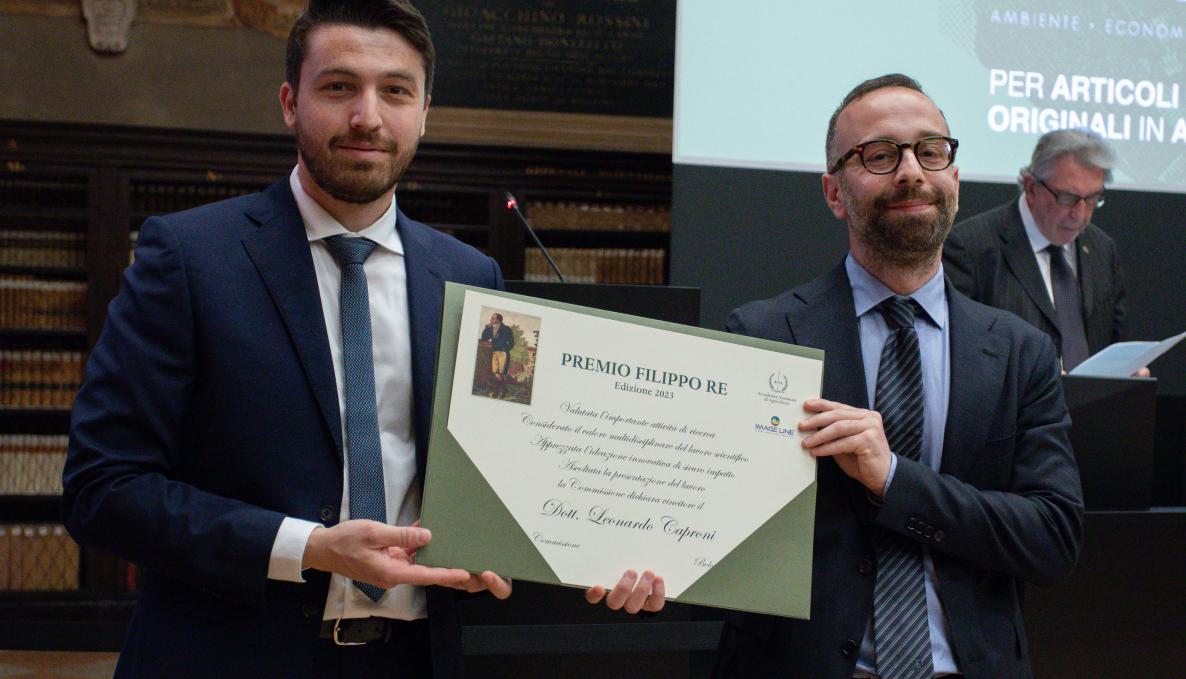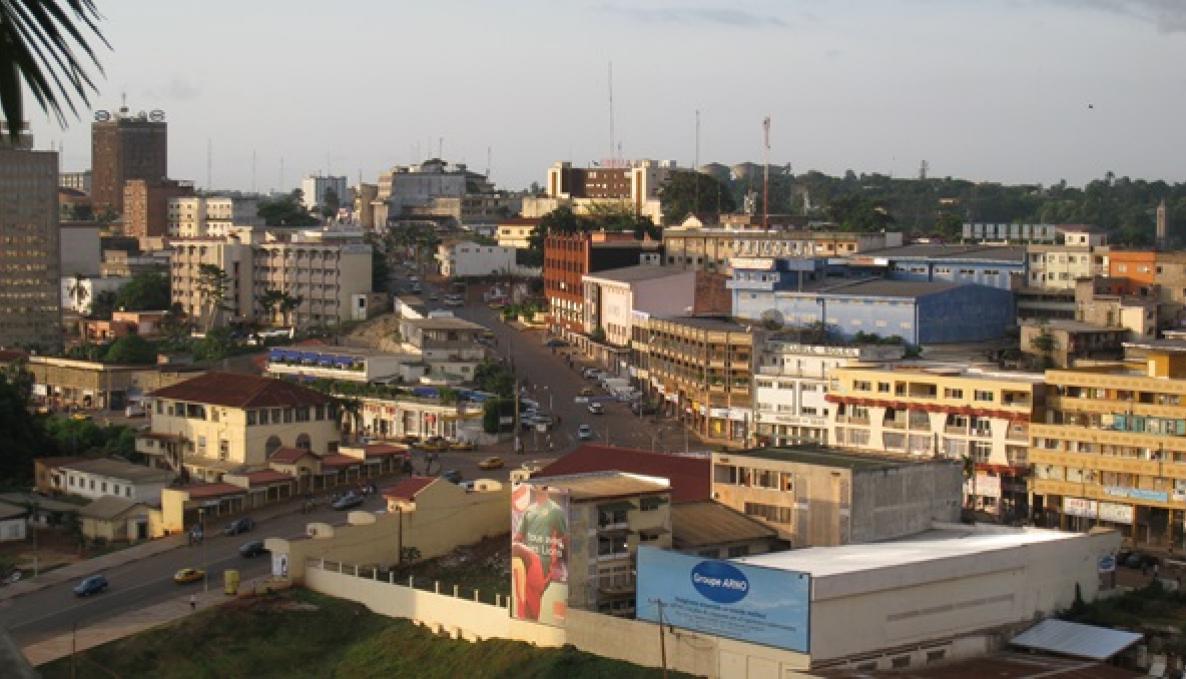Acknowledgements: Leonardo Caproni, Assistant Professor at Sant'Anna School, is the winner of the fifth "Filippo Re award" with his study on the impact of the climate crisis on agroecosystems and food security in Ethiopia
Award-winning paper uncovers molecular mechanisms behind barley crop adaptation in African country

A very important recognition awarded to Leonardo Caproni, Assistant Researcher in Agricultural Genetics at the Institute of Plant Sciences of the Sant'Anna School, who won the Filippo Re - Economy, Society, Environment and Territory award, in its fifth edition, promoted by the National Academy of Agriculture and Image Line S.r.l. to promote the constant evolution of the role that agriculture plays for the country and its interactions with economic, social and environmental dynamics. The award represents the desire to enhance excellence in scientific studies in the fields of agriculture, environment, agribusiness to create favorable conditions toward proper nutrition, sustainable management of soils, crops, forest and landscape resources.
Among the several studies from Italy, confirming the scientific world's attention and appreciation for the Filippo Re prize, focused for this edition on the theme of "Climate change: ideas and projects for agriculture," Leonardo Caproni wins with the research "The genomic and bioclimatic characterization of Ethiopian barley (Hordeum vulgare L.) unveils challenges and opportunities to adapt to a changing climate," which analyzes the impact of the climate crisis on agroecosystem resilience and food security in Ethiopia.
Ethiopia, which is particularly rich in agrobiodiversity, especially local cereal varieties, was chosen for the multidisciplinary research, which combined expertise in genomics, climate science, ecology and machine learning. About four hundred traditional barley varieties were studied together with colleagues from the Ethiopian Biodiversity Institute (EBI). Their DNA was extracted and sequenced, and based on this information, geographic areas of high vulnerability were identified where the crop could likely be compromised in the coming decades.
The research thus uncovered the molecular mechanisms underlying the adaptation of this crop, enabling the identification of possible innovative solutions to significantly mitigate climate risks. The results indicated that a deep understanding of agrobiodiversity can provide important solutions to cope with the negative effects of a changing climate.
The award presentation took place in the Stabat Mater Hall of the Archiginnasio, in Bologna, during the opening ceremony of the 217th Academic Year of the National Academy of Agriculture.
Cover photo: Leonardo Caproni (right) receives the "Filippo Re award" from Gabriele Mongardi (photo: EmKey Group)



